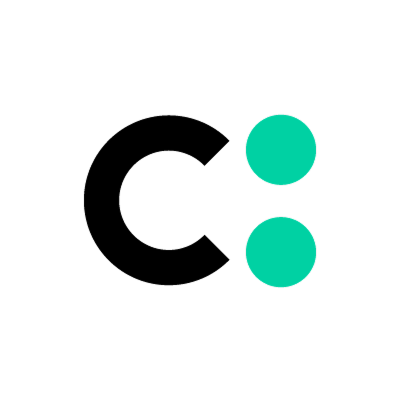South Korea’s current lung cancer screening guidelines define the high-risk group as individuals aged 54 to 74 with a smoking history of 30 pack-years or more. This standard is based on the National Lung Cancer Screening Trial (NLST) in the U.S., which demonstrated that low-dose chest CT (LDCT) improves survival when used for early lung cancer detection in heavy smokers.
However, growing evidence suggests that this one-size-fits-all definition fails to capture the wide range of individual risk levels among smokers.
Are Lung Cancer Screening Criteria Still Valid Today?
Smoking history is not a binary variable—it's a continuous risk spectrum. Some patients may reach 40 pack-years of smoking by age 55. Others might continue smoking and surpass 50 pack-years by age 74.
Despite such differences in cumulative exposure, both individuals are screened at the same intervals using the same protocol under current guidelines.
The Limitations of Current Risk Models in Lung Cancer Screening
Models like the Brock Model do not account for detailed smoking exposure. Likewise, the Lung-RADS 2022 guidelines focus solely on nodule size and imaging features, without incorporating quantified smoking history as a variable.
This omission is a clinical blind spot, especially in the age of AI-assisted diagnosis and precision medicine. To improve prediction accuracy and care efficiency, we must go further.
A Solution for Smarter Lung Cancer Screening: Risk Stratification
Risk stratification refers to segmenting patients based on known risk factors—such as smoking history to support more personalized medical decisions. It allows for tailored screening intervals, early intervention, and treatment prioritization.
Here is one example of smoking-based risk groups:
Proposed Risk Stratification:
- Higher-Risk Group: 30–39 pack-years
- Highest-Risk Group: 40+ pack-years or current smokers
With stratified screening:
-
The highest-risk group may benefit from annual LDCT scans combined with AI-based early alert systems
-
The higher-risk group may undergo screening every 1–2 years, depending on additional clinical findings
How AI Can Transform Lung Cancer Screening Through Prediction and Monitoring
AI-based prediction tools are not limited to image analysis.
They integrate clinical and imaging data to quantify the malignancy risk of pulmonary nodules and help determine:
-
Who needs more frequent monitoring
-
Who requires further testing or biopsy
-
Who may safely return to routine screening
This approach transforms lung cancer screening from passive observation into proactive, personalized decision-making. Only when this infrastructure is in place can we say that lung cancer screening has truly entered the precision medicine era.
What Changes When Lung Cancer Screening Becomes Precision-Driven?
Over the past 20 years, global studies have proven that LDCT screening increases survival rates in lung cancer.
But the next critical step is no longer whether to screen—it’s:
“Who should we screen, how often, and how precisely?”
The future of screening is not just about detection—it’s about predictive strategy and individualized care.
Looking for Deeper Insight into Precision Lung Cancer Screening?
Do you need better insights to make smarter, more accurate decisions?
At Coreline Soft, we’re delivering real, practical answers at the center of this transformation.
Whenever you're ready, we're here to guide you.



 List
List

